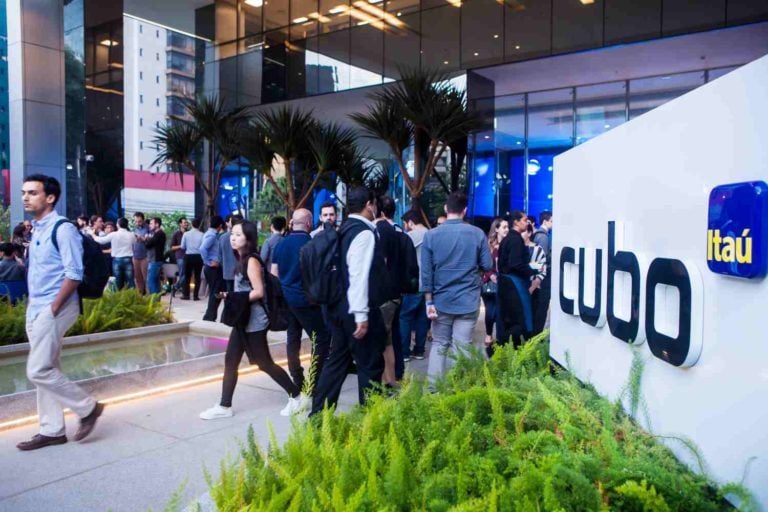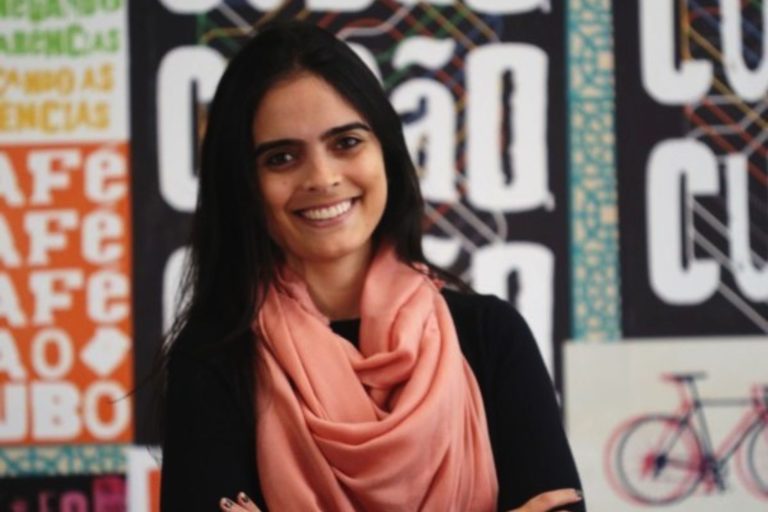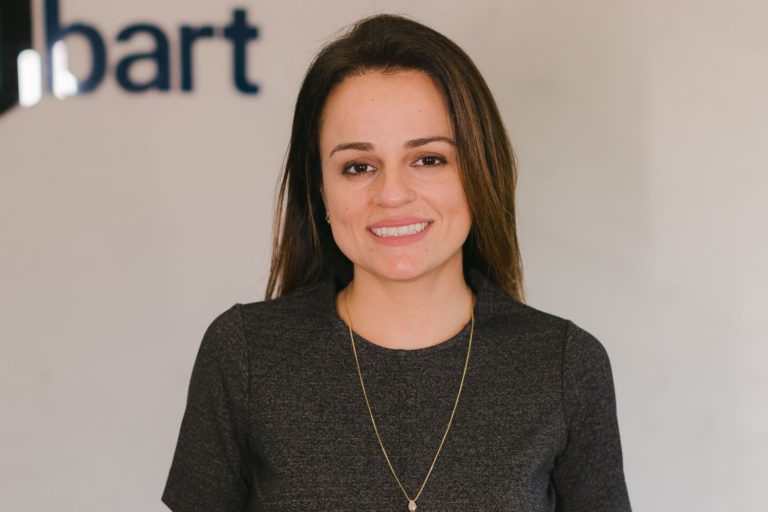Hub of Itaú bank focused on agribusiness, which has 130 startups and has already raised R$940 million, says that the ecosystem is ready to accelerate.
Monday (12) was one of the most important days of 2022 on the Cubo Agro planning team’s calendar. Together, the group that also included startups and investing companies outlined what could be called the year of consolidation.
That’s because the main goal is to double the number of startups in the ecosystem, which today has 130.

Cubo Agro startups seek solutions to agribusiness challenges in biotechnology, artificial intelligence, financial market and others.
The vertical turned one year old in June. Cubo Agro was the most recent venture of a larger project, Cubo Itaú, a space idealized in 2015 by Itaú Unibanco, which has Pedro Moreira Salles as chairman of the board of directors, on the list of the 10 biggest billionaires in Brazil, in partnership with the North American venture capital fund Redpoint Ventures.
Cubo was born to create bridges between entrepreneurs, companies, investors and teaching groups. In the case of agro, it was born to bring together “the two Brazils that work, that of technological entrepreneurship and that of agro”, says economist Pedro Prates, co-founder of this branch and who has been at Itaú since 2014.
Mirella Lisboa, head of corporates at Cubo Itaú, who has already worked at companies such as Dow Chemical, Falconi, Vigor and Basf, where she was manager of open innovation and digital ecosystems, says the achievements of Cubo Agro’s first year of operation have already given rise to parameters of what needs to be intensified.
“The country has enormous potential in agribusiness and there is still a lot of room for innovation in the sector”, she says. Without opening details, Mirella says that soon there will be news.

Last year, between contributions and general investments in startups, Cubo Itaú moved R$3 billion, destined for around 400 startups.
For all categories, there are 1,500 startups in ESG, retail, logistics, maritime and port, education, health, mobility, in addition to agro. For Cubo Agro startups, around R$940 million has already been raised. Interactions between companies and startups resulted in 28 proofs of concept, testing the technical viability of the technologies developed in different ways.
44 challenges were also launched by the companies, a way to find solutions that have not yet been created for problems involving grains, cellulose, agricultural machinery, among other demands of the agro.
But the agro-work command team says that strengthening the sector does not translate into the number of actors connected.
Therefore, being a startup in this ecosystem is almost like belonging to an elite club, a sign of prestige and the possibility of being seen as a high stakes player in the market.
Among the largest investing companies, in addition to Itaú BBA, are giants such as Corteva Agriscience, Grupo São Martinho, CNH Industrial and Suzano.
In this first year of existence, Cubo Agro estimates to have made around 200 connections between startups and companies.
MORE RESOURCES AND MORE CONNECTIONS
The approximation results in more resources at hand. This year, one of the main contributions was made by Suzano, which is among the largest pulp and paper companies in the country.
To support agro startups, in August, the company launched a CVC (corporate venture capital) fund in the amount of US$70 million (about R$370 million at the current exchange rate), which is being directed to supporting startups that develop solutions for the bioeconomy.
Of the total number of agro startups, 33 are physically installed at the headquarters of Cubo Itaú, which occupies part of the 13 floors of a building in Vila Olímpia, in São Paulo, where there is even an auditorium for large events. The other startups, which can be from any part of the country, are digitally linked to Cubo Agro.
Matheus Borella, agrointelligence leader at the hub, says that for 2023 the intention is to make startups more present. “Our mission is for us to consolidate ourselves as a place where agtechs need to be at some point, either as a member or consuming content [from the digital platform]”, says Borella.
According to Mirella, one of the tasks is also to carefully look at the profile of founders of startups applying for a space in Cubo Agro. “We analyzed where these people came from, why they decided to undertake with technology, if they know the market and if they have a personal history with the sector”, she says. “We really evaluate the moment of the startup, if it is already in a phase of scale and with the product validated in the market.”

One of the agtechs that participateor processes and which serves as an example of what happens at Cubo Agro is Bart Digital.
Founded in 2016, the startup digitizes agricultural financing processes. It is currently developing a project with Corteva, a seed multinational that this year should earn US$400 million (about R$2.1 billion).
“We were contacted by the company that had sought Cubo to launch a challenge”, explains Mariana Silveira Bonora, CEO and founder of Bart.
For Corteva, Bart Digital developed a system to reconcile payments and the company’s grain transportation.
With the farmers, Corteva exchanges its products for grains, precisely a barter (or exchange) that is technically called bart in the market.
“For a startup to have traction, it needs customers”, says Mariana. “Having a strategic partner is extremely positive. Therefore, we want to increase our team next year and adopt a larger space in the hub.”
LOOKING FOR STARTUPS ABROAD
Increasingly larger spaces, no matter where they are, are part of Cubo Agro’s acceleration strategy and they are not restricted to the geographic limits of the country.
Some of the startups that are already part of Cubo Agro have their main operation outside Brazil. Among them are Arable, from the United States; AgroScout, from Israel, and Agrofy, Agrotoken, Kuna and Auravant, all from Argentina.
The group should serve as an example of attraction. Arable, for example, was founded in mid-2014, is in 30 countries where it serves 300 customers and has already received US$40 million to work on climate resilience in agriculture and accelerate product development. Among them, it created an irrigation management tool enabled by IoT (Internet of Things).
In Brazil, based in Piracicaba (SP), Arable started a proof-of-concept process with the São Martinho group, at the Iracema mill (SP), with the crushing of 3 million tonnes of sugarcane, per harvest, in that company unit.
Two devices were initially tested. With the success of the tool in the field, today there are 20 devices spread across its four plants. In total, the group processes 20 million tons of sugarcane per harvest.
“Cubo brought us closer to the group and allowed for a closer relationship”, says Pedro Lian Barbieri, operations manager at Arable.
The cost for a startup to be part of Cubo Agro is a maximum of R$1,300 per month, which is the price of renting a room in the Vila Olímpia building. For startups that do not occupy the physical space, the cost drops to R$750. The value gives access to a digital community on Slack, a corporate messaging platform where all the startups in the ecosystem are located, not just the agro ones.
Among other benefits, there is also a bank with 56,000 CVs of professionals and a space for companies and startups to advertise job vacancies. At this moment, 16 startups have 36 open positions.
Another permanent activity is the selection of startups. Yesterday, as every Wednesday, executives from the sponsoring companies and from Itaú itself were looking for talent to join the ecosystem, which today is among the largest in Latin America.
With information from Forbes

